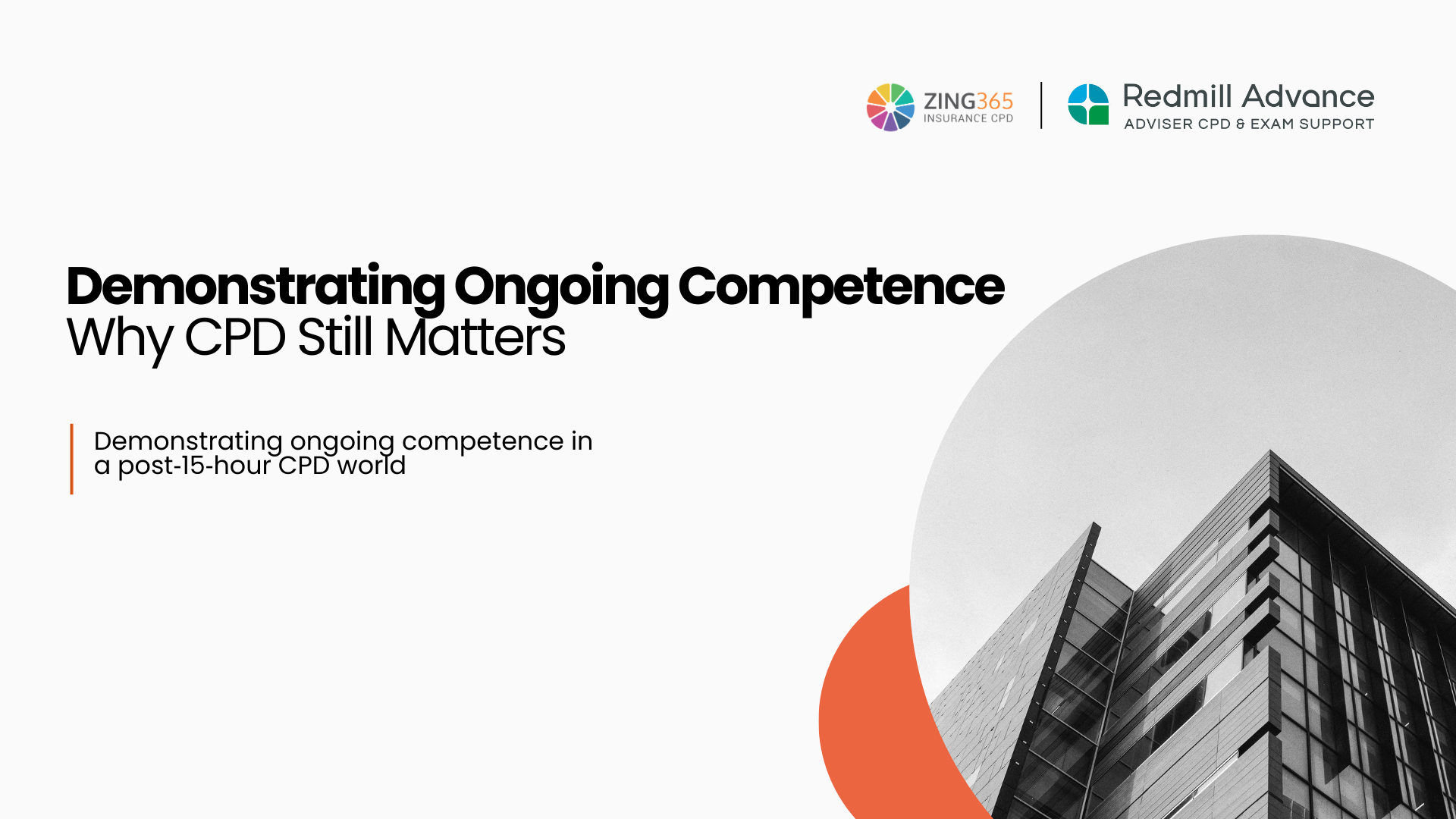Artificial Intelligence (AI), particularly generative AI, is fast becoming a driving force in UK insurance. As customer expectations for speed, transparency, and personalisation grow, insurers are rethinking how they assess risk, price policies, handle claims, and engage with customers.
But this transformation goes beyond operations. It’s strategic, reshaping the very nature of insurance, and with it, the role of brokers.
Risk and Pricing: From Historical Trends to Real-Time Insight
Traditionally, underwriting has relied on demographic and historical loss data. AI changes this by analysing vast and complex datasets in real time, identifying patterns and emerging risks that support more accurate, dynamic pricing.
This is fuelling the rise of Usage-Based Insurance (UBI), where for example, premiums reflect real-world driving behaviour collected through telematics and behavioural insights - a model growing rapidly in the UK motor market.
Generative AI is also streamlining underwriting tasks, summarising client information, pre-filling documents, and suggesting tailored clauses. This frees underwriters to focus on the nuanced decisions that still require human judgement.
Claims: Faster, Smarter, Safer
AI is also transforming claims processing by triaging cases, spotting anomalies, and assigning them based on complexity. Image recognition tools can assess damage from uploaded photos, speeding up repair and replacement decisions.
In property claims, drones and satellite imagery are being used to verify storm or flood damage, reducing admin and accelerating resolutions.
However, AI also introduces new risks. Deepfakes and manipulated evidence are becoming more common, prompting insurers to develop advanced fraud detection tools that analyse images, voice data, and text for signs of deception.
Beyond Efficiency: A Changing Insurance Ecosystem
It’s worth noting, that AI’s impact goes well beyond just efficiency. Key trends shaping the future include:
- Generative AI supporting customer communications, policy summaries, and compliance monitoring.
- Internet of Things (IoT) devices enabling real-time risk monitoring and hyper-personalised insurance products.
- Increasing regulatory scrutiny, as the FCA raises concerns about fairness, exclusion, and explainability.
Requiring insurers to demonstrate algorithmic accountability, ensure transparency, and maintain meaningful human oversight.
The Broker Opportunity: Augmented, Not Replaced
Such innovation is expectedly raising concerns about job displacement. However, I challenge this view with another. That rather than replacing brokers, AI actually offers the chance to enhance their value.
Automation can take care of routine tasks like quote comparisons or document prep, freeing brokers to focus on high-value activities like strategic advice and customer care.
AI tools can also support brokers with insights, prompts, and suitability nudges to help shape smarter, more relevant recommendations.
And crucially, brokers can play a vital role in helping clients understand AI-driven decisions. Particularly where fairness, transparency, or data use may be questioned.
As insurance becomes more data-driven and complex, the need for human interpretation and trusted advice grows. Meaning that in this AI-enabled world, the broker’s role as advocate, guide, and problem-solver is arguably, more important than ever.
Navigating this Evolving Landscape
As AI and automation reshape the insurance landscape, brokers face new challenges and opportunities. To remain effective and trusted, brokers need to:
- Understand how AI works in practice - Recognising its capabilities and limitations helps brokers interpret AI-driven insights and decisions accurately.
- Navigate regulatory requirements - Awareness of fairness, transparency, and human oversight ensures brokers can meet compliance expectations and advocate for clients.
- Cultivate distinctly human skills - Judgement, empathy, and communication remain essential. These qualities allow brokers to appreciate individual client circumstances, build meaningful relationships, and provide nuanced advice beyond algorithmic outputs.
At Zing365, we believe that focusing on these areas will be crucial for brokers to maintain their vital role as trusted advisors in an increasingly automated industry.

.png)










